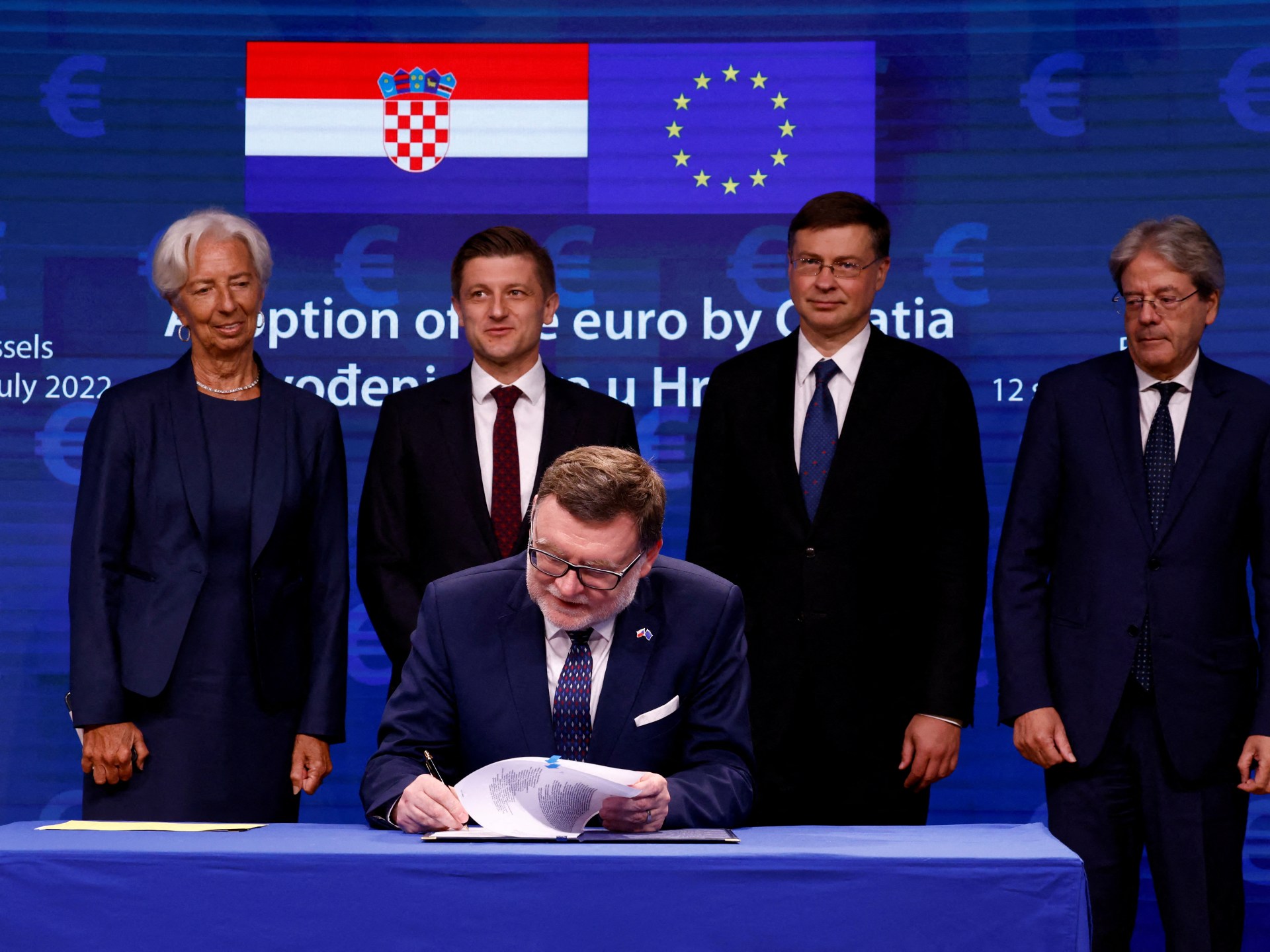EU refuses pressure on Turkey
At a landmark enlargement summit in Copenhagen, the leaders took a tough line on demands from 10 mainly poor, east European candidates for more money to ease accession into the wealthy Western bloc, saying there would be no extra cash.
A draft final statement circulated by EU president Denmark before the start of the summit’s second day confirmed that the bloc would review Turkey’s candidacy in December 2004 and open negotiations if it met the political criteria.
It praised Ankara’s reform programme and offered significantly increased pre-accession aid but stopped short of the firm date for talks in 2003 which Turkish leader Tayyip Erdogan and Prime Minister Abdullah Gul had demanded.
"The Union acknowledges the determination of the new Turkish government to take further steps on the path of reform and urges in particular the government to address swiftly all remaining shortcomings in the field of the political criteria, not only with regard to legislation but also in particular with regard to implementation," the draft statement said.
ACCEPT OR MISS OUT
On the first day of a summit due to crown the EU’s biggest expansion in its 45-year history, the 15 leaders told applicants led by Poland to accept a final offer by Denmark or risk missing out on entry for several years.
"The message from this summit is that the EU is not a bloc that you just show up to and join automatically – no matter how loud you shout," a European diplomat said.
Danish Prime Minister Anders Fogh Rasmussen, chairing the summit, was to put the firm EU response to Polish Prime Minister Leszek Miller at talks early on Friday. Diplomats said Rasmussen had a small negotiating leeway to wrap up a final deal.
The summit highlighted the power of a reborn Franco-German leadership axis in EU affairs.
The Turkey decision mirrored a deal between French President Jacques Chirac and German Chancellor Gerhard Schroeder despite calls by Britain, Spain and Italy to offer earlier entry talks.
The decision put off the day when the first Muslim nation would start accession talks with the European Union. Turkey had demanded a firm date for negotiations in 2003 but now faces a likely wait until the first half of 2005.
Official Turkish reaction was guarded and confused. A close aide to Erdogan said the EU decision was well-intentioned and not bad, but could be improved in negotiations.
A later statement given to reporters said the EU had failed to take into account Turkey’s political will to join but talks would continue till the last to try to "correct this".
Some Turkish media treated the EU decision as a slap in the face. The conservative Cumhuriyet daily headlined it "Broken Dream", while the centre-left newspaper Radikal spoke of the "worst possible outcome to the first day in Copenhagen".
But EU officials said they hoped the Turks would see the glass as half full, not half empty.
Turkish EU membership arouses deep passions in Europe, with many voters concerned about letting a mainly Muslim state with a rapidly growing population and borders with Iran, Iraq and Syria, into the predominantly Christian EU club.
Ankara’s lobbying tactics in the last week did not help.
"Some states which were rather open towards Turkey have been very shocked by the blackmail campaign of these last days. Mr Erdogan has had very counter-productive behaviour," one EU prime minister said.
He said Chirac told a summit dinner: "It’s not enough to respect European law, you also have to be polite and civilised."
Even Italian Prime Minister Silvio Berlusconi, who called himself Turkey`s best advocate, said: "Many people considered that (pressure from Ankara) was regrettable and unacceptable."
EU leaders also stuck to their guns on how much money the 10 new members would get on joining the bloc. The draft statement endorsed enlargement spending of 40.4 billion euros in 2004-6, the exact total offered by Denmark earlier this week.
The countries that will be invited to join in May 2004 are Poland, Hungary, the Czech Republic, Slovakia, Slovenia, Estonia, Lithuania, Latvia, Cyprus and Malta. The EU draft backed Bulgaria and Romania’s aim of entry in 2007.
Poland has been pressing the EU to add two billion euros to the offer put forward by Denmark, arguing that the money was budgeted for enlargement back in 1999.
The one issue on which EU leaders were unable to exert their will so far was achieving a Cyprus peace deal in Copenhagen.
Diplomats said Rasmussen had set a 4.30pm (1530 GMT) deadline on Friday for an agreement, otherwise the EU would go ahead and agree to admit a divided Cyprus.
Greek Prime Minister Costas Simitis said an accord to reunify Cyprus, split into Greek and Turkish camps for 28 years, was unlikely at the summit because of Turkish Cypriot Rauf Denktash’s absence through illness.

